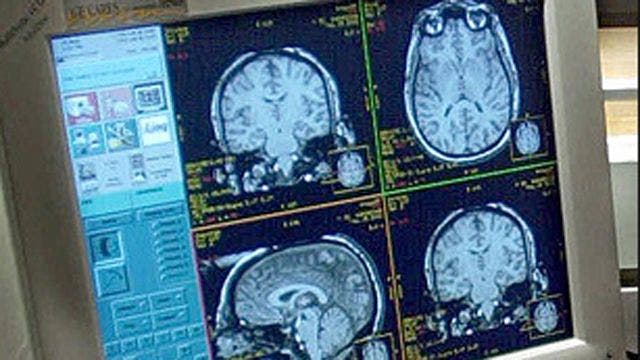
Often incorrectly considered a disease, dementia actually refers to a group of symptoms that negatively affect memory and social abilities, resulting in an interference with daily functioning. Primarily, problems with memory and impaired judgment or language are the two major areas affected by dementia. However, numerous other causes and symptoms of dementia exist, which can make diagnosis and treatment difficult or even impossible.
In order for an individual to be classified as having dementia, two or more of the following functions must be significantly impaired: memory, communication and language, ability to focus/pay attention, reasoning and judgment, and visual perception. More often than not, these symptoms begin slowly and gradually worsen.
Alzheimer’s disease is the most common type of dementia, accounting for 60 to 80 percent of cases, according to the Alzheimer’s Association. It is important to note that Alzheimer’s is not a part of normal aging. Alzheimer’s worsens over time, with early symptoms including difficulty remembering names and events, apathy and depression, and later symptoms including impaired judgment, confusion, behavior changes and difficulty walking, speaking or swallowing. Despite there being no cure for Alzheimer’s disease and the fact that available treatments cannot stop the progression, some treatments are available and can slow the progression to improve quality of life.
Another common type of dementia is Parkinson’s disease. Parkinson’s is a progressive neurological disorder that primarily affects movement. It is often characterized by tremor, muscle stiffness, slow movements or impaired balance. Unfortunately, there are no treatments available to slow or stop the brain damage that occurs from Parkinson’s disease dementia; rather, current treatments focus on reducing symptoms.
Approximately 5.2 million Americans have Alzheimer’s disease or some other form of dementia. Experts estimate that this number will rise to 13.8 million by 2050. Concurrently, the cost of treating these conditions is increasing at a similar rate.
Recently, a new study from the Alzheimer’s Association found that one in three seniors die with Alzheimer’s disease or other types of dementia. Keep in mind that these people die with the disease and not from dementia, meaning that often, dementia can interfere with other conditions and speed up the deterioration process. Because of the effects on memory, patients with dementia may have difficulties remembering to take their medicine or to visit their doctor.
If you or someone close to you has dementia, recognize that feelings of anger, depression or discouragement are normal. Perhaps seeking help from a support group will diminish these feelings, as you can speak with other people in similar situations and gain information about these conditions.
Dr. David B. Samadi is the Vice Chairman of the Department of Urology and Chief of Robotics and Minimally Invasive Surgery at the Mount Sinai School of Medicine in New York City. He is a board-certified urologist, specializing in the diagnosis and treatment of urological disease, with a focus on robotic prostate cancer treatments. To learn more please visit his websites RoboticOncology.com
 and SMART-surgery.com
and SMART-surgery.com . Find Dr. Samadi on Facebook
. Find Dr. Samadi on Facebook .
.



0 comments
Post a Comment
I will like to hear your comments. Please leave a comment below